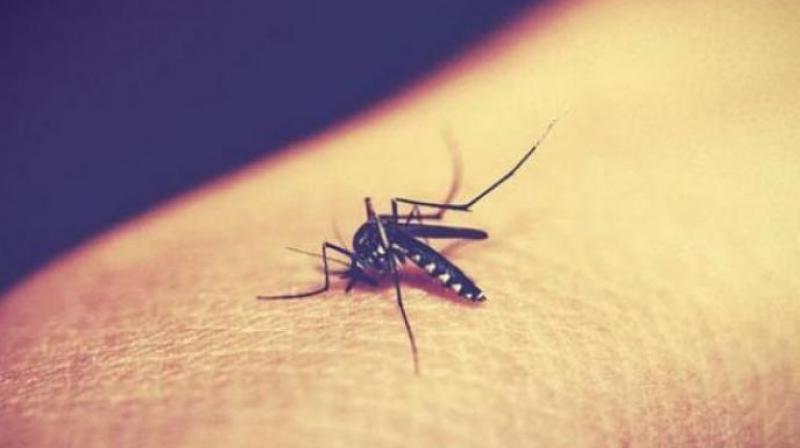Vector-borne diseases may go up in Tamil Nadu: Doctors
Though the state health department claims to keep the situation in control, the numbers are likely to rise if fever cases are not checked.

Chennai: Recent rains in the city during the past few days have fuelled worries about an increase in vector-borne diseases. A recent report by National Vector Borne Disease Control Programme reveals that a total of 1,892 malaria cases have been recorded in the state, with around 500 new cases in last two months.
Though the state health department claims to keep the situation in control, the numbers are likely to rise if fever cases are not checked.
The Malaria elimination scheme by the state health department is focusing on endemic areas including Chennai, Rameswaram, Dharmapuri, and coastal areas of Thoothukudi and Kanyakumari. Officials associated with the malaria elimination programme said that the elimination of Malaria is expected in next two years.
Last year, the state recorded 23,294 dengue cases and killed 65. Until July this year, dengue has affected around 1,701 people and one death has been reported during this period. Government hospitals in the city are receiving fever cases regularly. But authorities claim the situation remains in control. Doctors fear an increase in the number of vector-borne diseases if rains continue, as water collected in unused containers becomes a major breeding ground for mosquitoes.
“We are holding fever case surveillance meetings regularly and weekly awareness programme for patients to prevent monsoon related illnesses will also be conducted to warn them against any outbreak,” said Dr R. Jayanti, dean, Rajiv Gandhi Government General Hospital.
The state health department continues to observe every Thursday as anti-dengue day to observe cleanliness and awareness drive on dengue prevention and control. The officials are also conducting domestic breeding checks.
“Adequate water supply due to sufficient rainfall along the Ghats and in the Cauvery belt would help to keep away the rise in vectors as people need not store water, which ultimately leads to breeding of mosquitoes. We are keeping a close watch on the number of cases of dengue and malaria to arrest any increase in the numbers,” said public health director, Dr K. Kolandaisamy.

